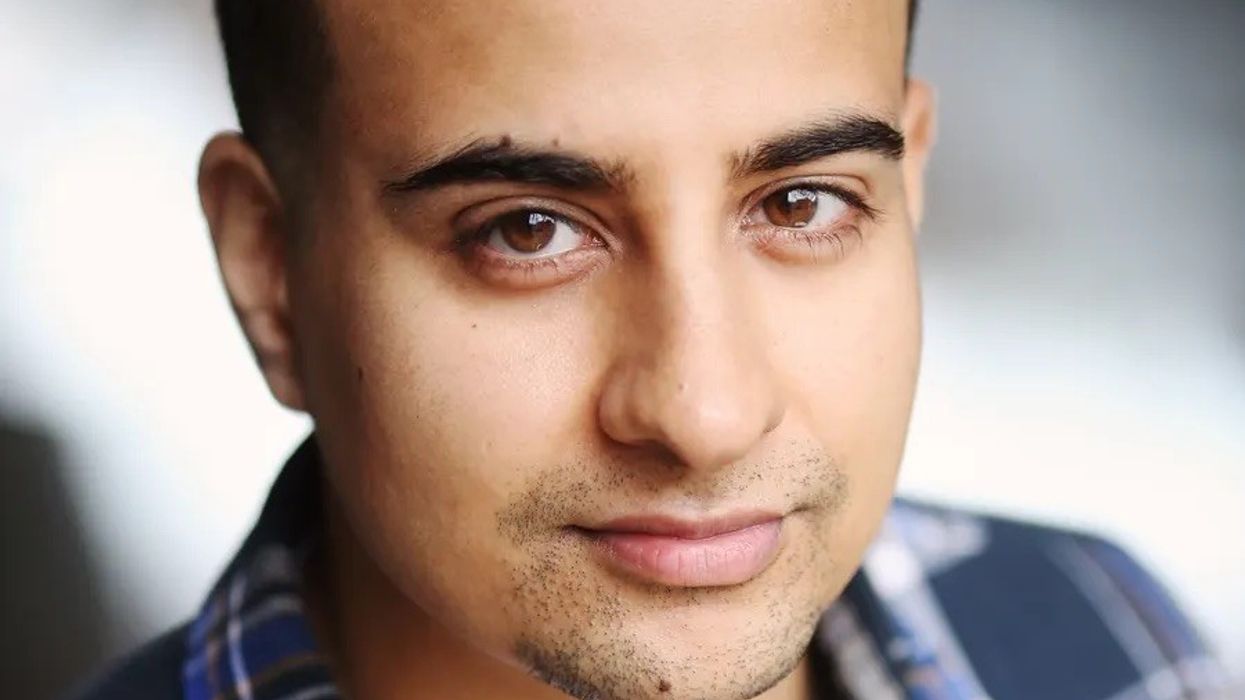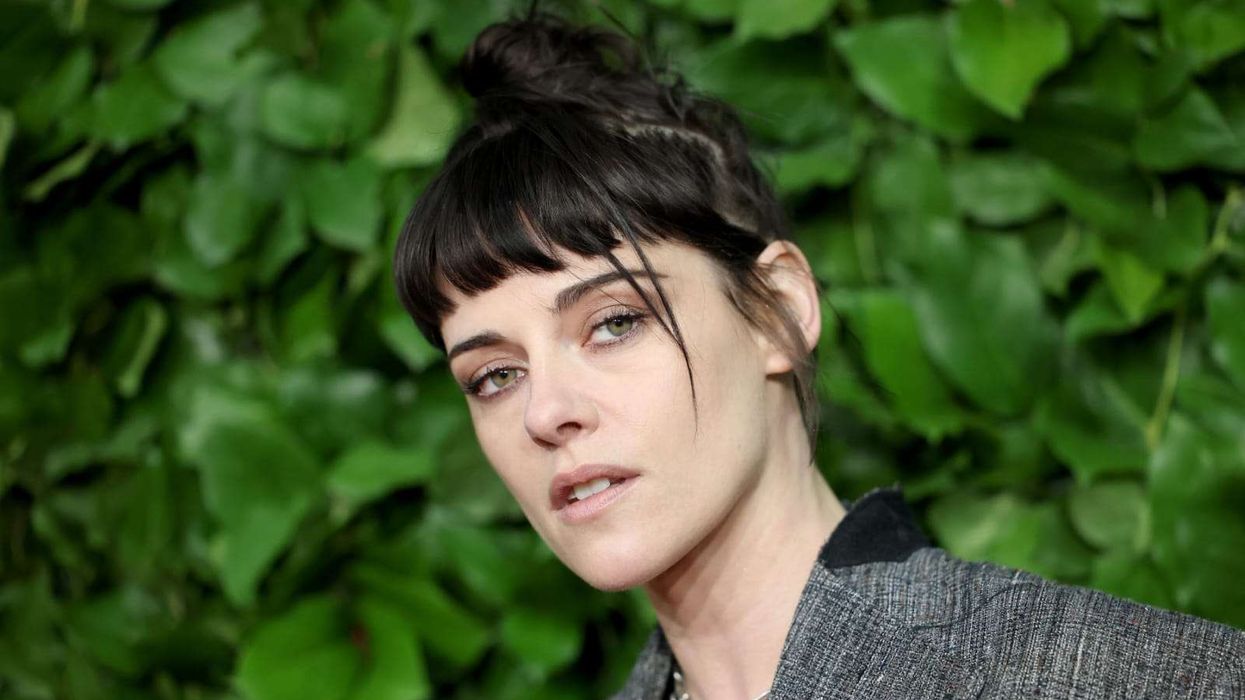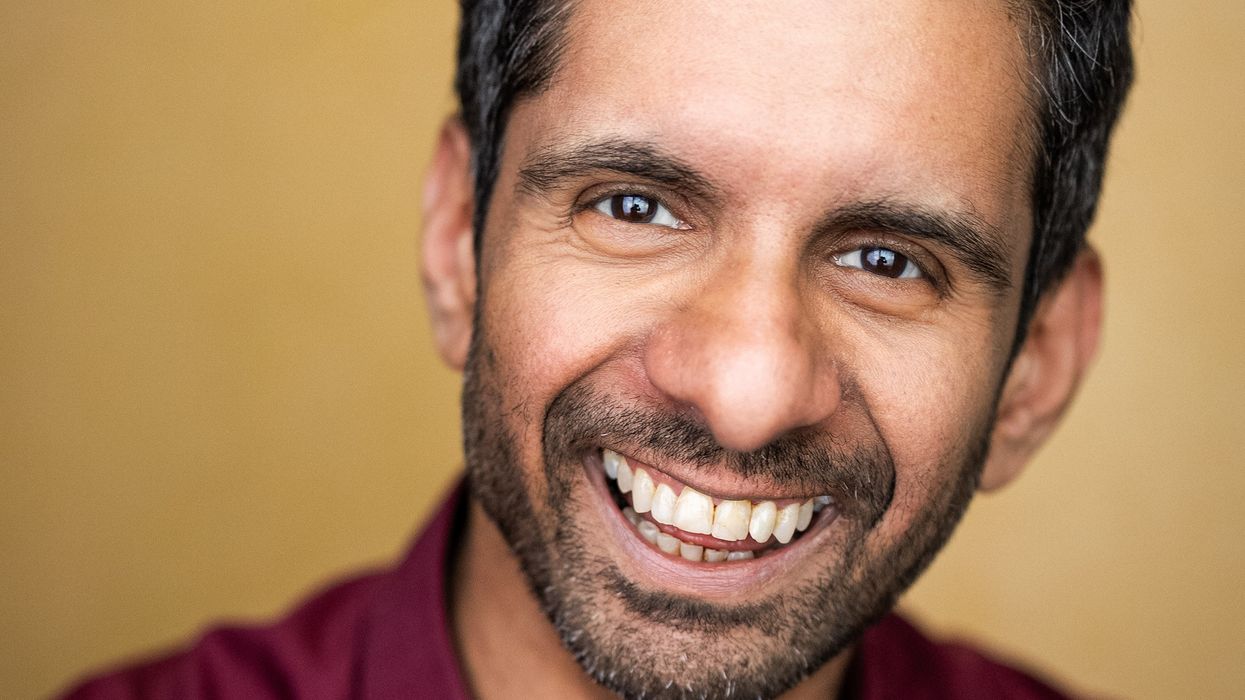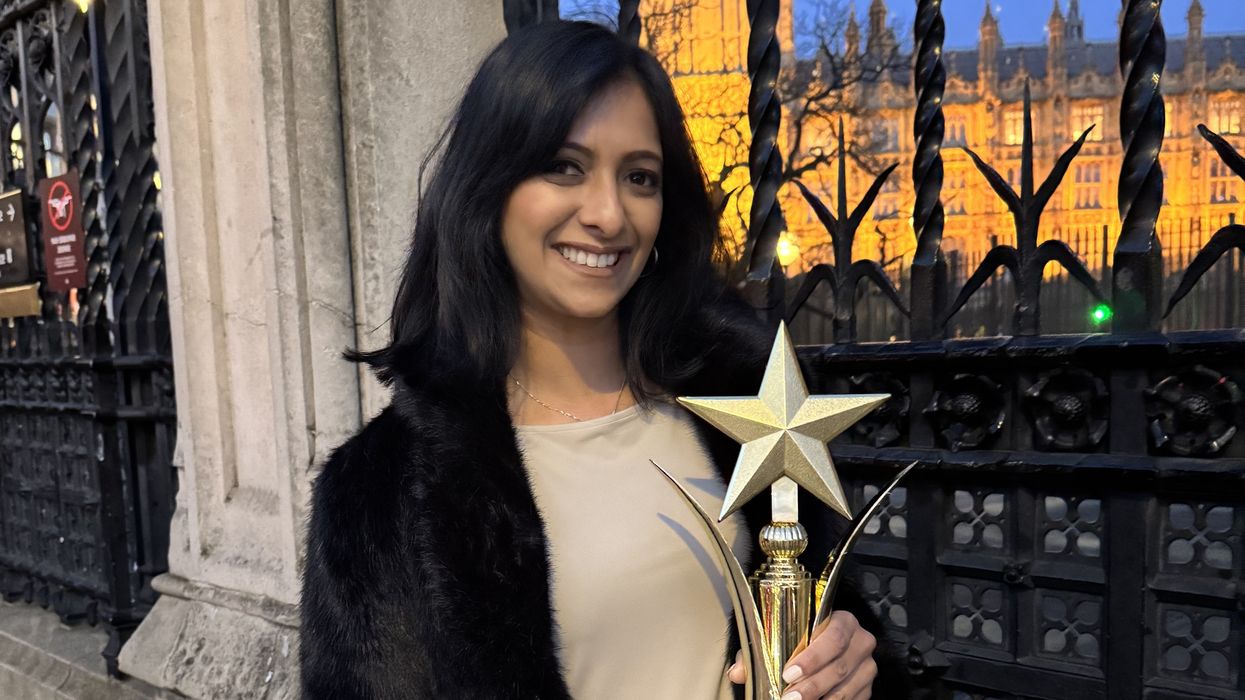A MODERN adaptation of George Orwell’s Animal Farm, with its focus on economic instability and social injustice, aims to encourage introspection and inspire change, the actor starring in a play based on the book, said.
Farshid Rokey, a British actor of Afghan origin, plays Minty (a sheep) in the new play at Stratford East.
Orwell’s famous book tells the story of a group of exploited animals who “rebel against their human farmer-tyrant and take control of the land that they live on”.
This decision, they hope, will create a more equal and happier society.
“We’re living in a society, especially in the UK right now, where people are suffering when it comes to finances. More people now are using food banks and are homeless than ever,” Rokey told Eastern Eye.
“The play connects deeply with the frustrations of audiences grappling with economic instability and social injustice. A lot of people, maybe even millennials, can’t afford houses. They must probably accept the fact they’re going to be working until they’re 70 or 80. Some of them may never retire,” he added.
“By reflecting these struggles through the allegorical lens of Orwell’s work, the production invites viewers to explore their place within a flawed system and encourages critical thinking about what change could look like.”
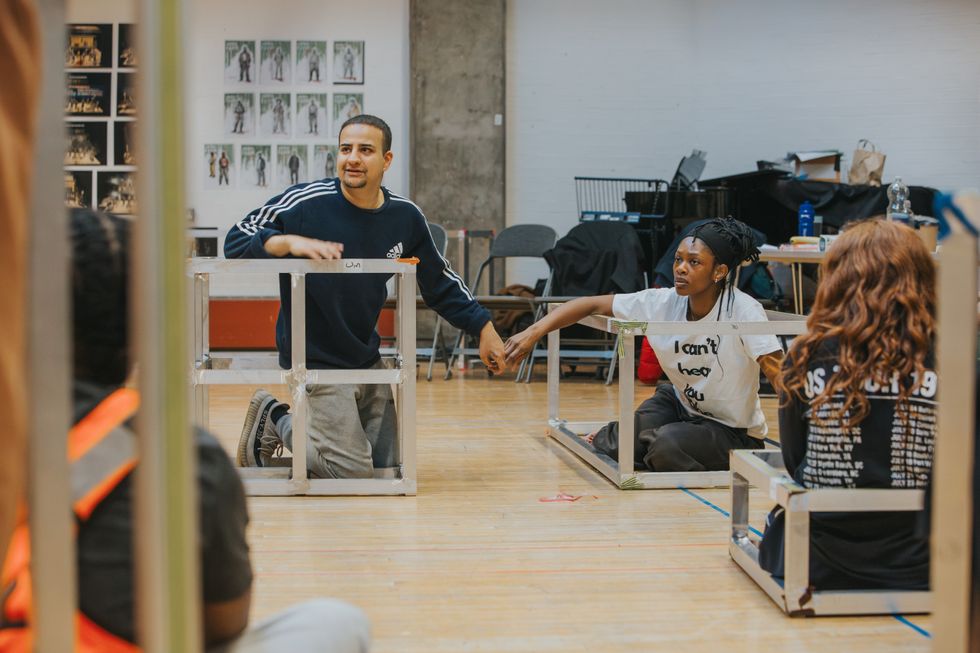
Directed by Amy Leach, the play aims to bridge the gap between Orwell’s mid-20th-century critique and today’s pressing societal challenges, the actor said.
Describing the plot, Rokey said, “This adaptation goes beyond the surfacelevel narrative of rebelling animals. It shifts the focus to human experiences.
“We’re not trying to be like animals. We’re trying to be more human. This human-centric portrayal adds depth, urging the audience to examine their society and personal role in advocating for reform.”
The modern production seeks to energise younger generations, particularly gen Z, who are increasingly vocal in demanding change, Rokey said, adding, “the great thing about gen Z is they’re not afraid to speak up.”
Rokey, who arrived in the UK as a child refugee from Afghanistan, has extensive experience in theatre, TV, film and radio.
His stage performances include The Boy With Two Hearts, Another World, Goats, The Jungle and The Kite Runner.
He has also appeared in Mogadishu and The Boy at the Back of the Class.
On television, Rookey’s credits include Casualty, Holby City, and Our Girl. His film portfolio showcases independent productions such as Leave To Remain and Rise of the Foot Soldier.
His work often explores themes of identity, migration, and contemporary social issues.
Animal Farm is the London-based actor’s latest play. The cast, which includes deaf and disabled actors, are currently doing rehearsals in Leeds.
The show will start running next month.
Rokey, who started doing stage when he was a teenager, said, “It’s the first time I’ve worked in a completely different way, alongside actors who are deaf, disabled as well as non-disabled. It’s allowed us to explore the text in a different way that we probably never would have imagined.”
He described how natural and straightforward the process has been, despite initial assumptions about potential challenges. “If you make the effort, it’s not very hard. It can work,” he said. “Our room is working in both English and British Sign Language and we are finding ways to communicate with each other through things like gesture and lip reading.”
Rokey added, “It’s been an amazing experience and a big revelation,” and said this diversity reflects real life.
“That’s what you see in life – people with different backgrounds, different disabilities, different needs.”
Rokey moved to the UK in 1995 as a young child from Afghanistan with his single mother and sibling. Their early years were marked by instability, frequently moving in and out of temporary accommodation.
“We stayed in a lot of B&Bs and hotels. We moved 11-12 times before we actually had a place to stay,” Rokey said.
His school years were challenging, the actor said. He attended what he described as “one of the hardest schools in the country,” marked by violence and stabbings.
Eventually, he was expelled from both school and later college, leaving him directionless and uncertain until a chance encounter with acting at age 18.
“I found myself acting by accident,” Rokey said. His introduction to the craft came through an unexpected route – following a friend to drama classes in Harrow, northwest London, where he hoped to meet girls. However, the weekly Thursday classes sparked a genuine interest in acting, leading to his first break when the class instructor offered to sign him to her agency.
Despite lacking formal drama school training, his immigrant background instilled a strong work ethic, Rokey said.
“When you have nothing, the only thing you can do is keep working hard. I made sure I read about acting, went through scripts in my own time, learned the accent – I put in all the work behind the scenes,” he added.
Now 33, Rokey has a career spanning more than a decade, including prominent roles in The Kite Runner, The Boy with Two Hearts at the National Theatre, and various television appearances.
He has also established himself as a voice actor, featuring in BBC Radio productions including Dr Who: Torchwood and the acclaimed series Tumanbay.
Rokey spoke of his pride in being able to make a steady income through acting.
He said, “When I started off, it was very hard... people who looked like me or spoke like me weren’t in the rehearsal room. But now I’m looking around me, it’s changed a lot. The industry and drama schools understand that we need more diversity.”
Animal Farm runs at Stratford East from February 7 to March 8, before commencing on a tour to Leeds Playhouse from March 12 to 29, and Nottingham Playhouse from April 2 to 12.
